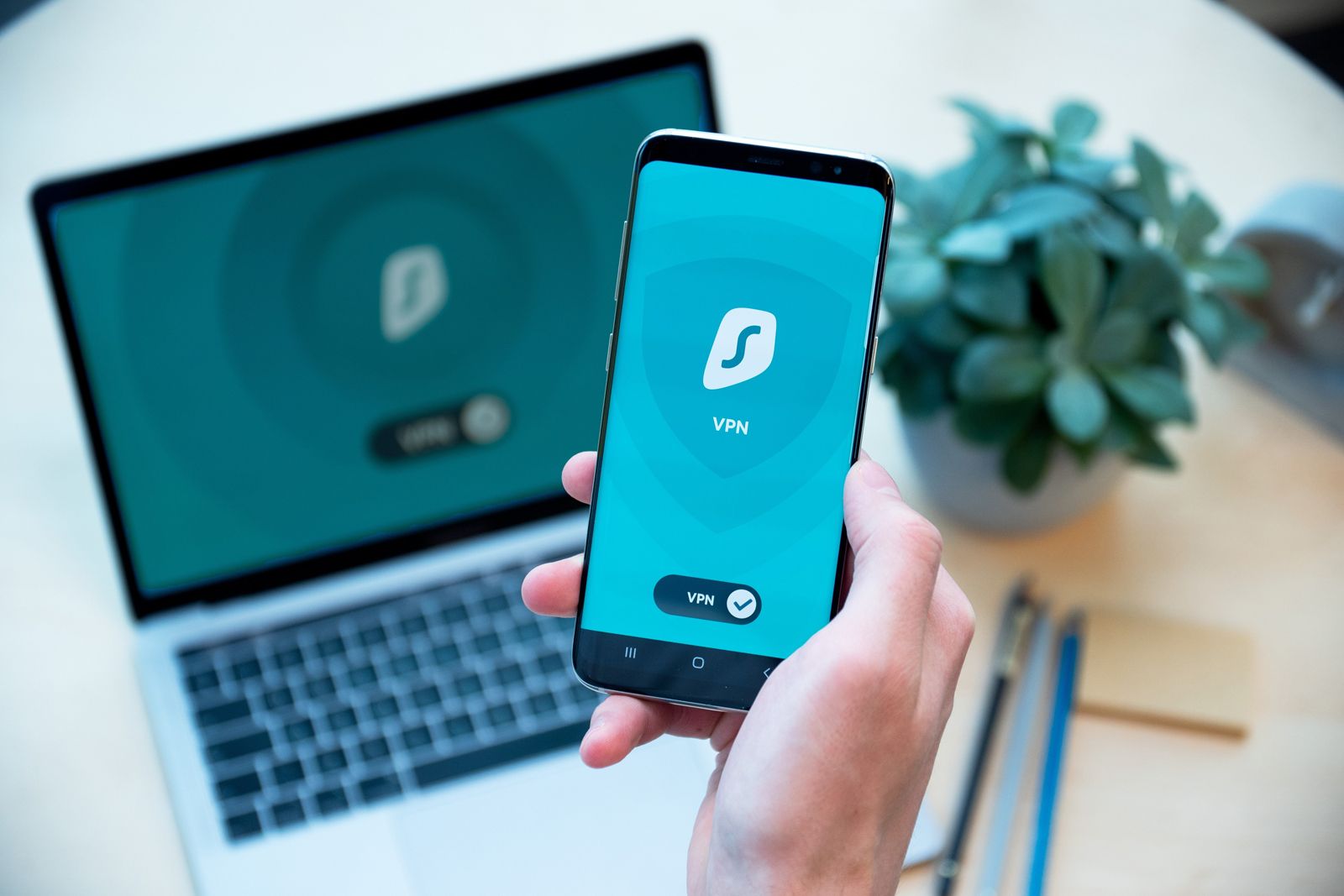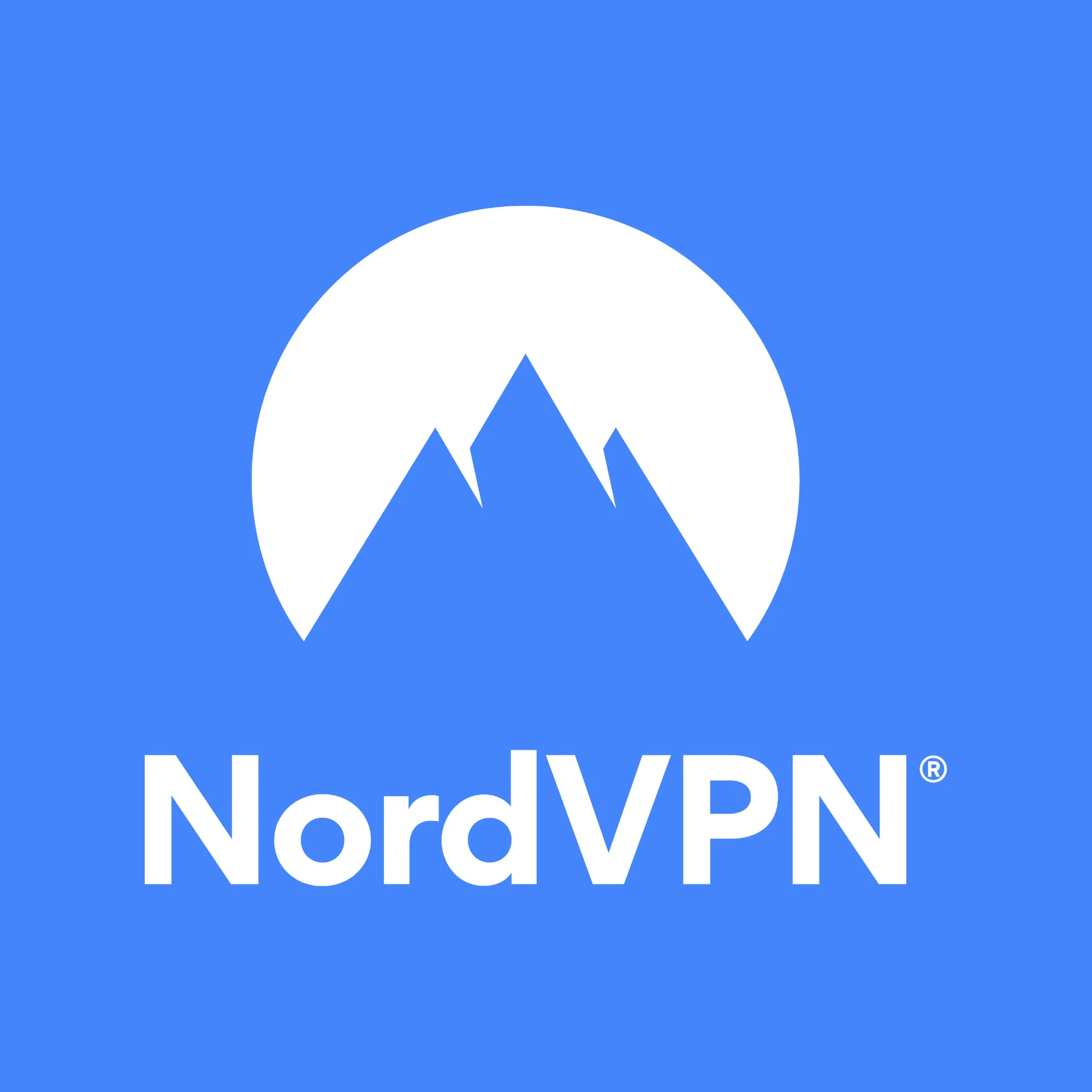Key Takeaways
- VPNs protect your online privacy and security by encrypting your data and hiding your IP address, preventing tracking and monitoring by third parties.
- VPNs can unblock content and bypass geo-restrictions, allowing you to access websites and services that may be blocked in your location.
- VPNs help you access the web without restrictions by circumventing government censorship, network restrictions, and blocks on certain websites or services.
You may be wondering what is all the online talk about VPNs and why you should care. In a world where data harvesting, cybercrime, and online tracking are the norm, many people are resorting to using a VPN to enhance safety and privacy. However, VPNs provide even more benefits, including IP addresses in different countries.
Take a brief moment to learn about VPNs, and then you can decide whether it's worth your time and money. I'll quickly brush through what a VPN is, how it works, what it does, and much more. Just have a little patience, and you'll be speaking the VPN language yourself in no time.
What is a VPN?
A virtual private network (shortened as VPN) is a tool that creates secure connections between your device and the internet, minimizing the chances of getting spied on, hacked, or monitored by anyone. It encrypts all data, communications, and traffic transmitted to and from your computer, phone, or home network.
A VPN also makes you appear like you're in a different location, which, technically, allows you to access content or websites that aren't available in your country or region.
Exactly how does a VPN Work?
Everyday internet use, ranging from online searches to Amazon shopping and content streaming (say on Netflix or Spotify), requires data to be sent from your laptop, smartphone, tablet, or any other internet-connected device. There are many intermediaries who can see your data, including Wi-Fi administrators, your internet service provider (ISP), websites, or even worse, hackers.
A VPN provides a safe communication boundary between your internet-connected device and the worldwide web. It transforms all your data into unreadable characters (a process called encryption) and secures it with safe keys before sending it to the net.
While transmitting your encrypted data to the web (a process called tunneling), the VPN bounces your traffic through its own secure servers in a country of your choice. This essentially masks your device's or network’s actual IP address, tricking websites that you're browsing the internet from a different location.
VPNs use different tunneling protocols to channel your encrypted data safely. The encryption process often results in speed drops, and so many VPN services have developed their own proprietary protocols that can tunnel fast and securely. There are also protocols known industry-wide, like OpenVPN, WireGuard, IKEv2, and L2TP/IPSec.
What does a VPN do?
I've already mentioned a few things a VPN can do, but you may still be wondering why you should consider using one; well there are numerous reasons.
1. Protect your online privacy and security
By hiding your IP address and encrypting your data, a VPN makes it impossible for anyone to track you online or monitor your activities.
Go for a quick browse on the web, and you'll see just how websites are eager to store tracking cookies on your device. They can easily track your browsing activity by following your device's IP address and harvesting as much data as they want.
Information collected by websites and search engines, like Google and Bing, ends up in the hands of advertisers who then target you with ads. This is why you sometimes see embarrassing ads popping out of nowhere while opening web pages.
A VPN prevents third-party tracking and other forms of privacy invasion, so you don't have to worry about someone watching or keeping track of what you're doing online.
Also, you can safely browse on unsecured Wi-Fi networks with a VPN because of the encryption. It protects you from potential hackers targeting unsuspecting hotspot users. It's almost impossible for them to intercept your connections, and even if they do, they can't obtain any useful information because the data is unreadable.
2. Unblock content anywhere
Another reason why VPNs are popular is because they provide internet freedom and autonomy. If you're not able to access certain websites or online services because of your location, a VPN can greatly help. It spoofs your location making it appear like you’re in a foreign country. This allows you to bypass geo-restrictions and watch shows in your home country while traveling abroad, say the Netflix US library, which has a wider and fresher range of content.
Plus, you can access interesting apps not offered in your location simply by changing your IP address. VPNs can be installed on streaming devices, including PCs, smart TVs, and media players like Fire TV Stick. This allows you to download more apps and add-ons, offering copyright-free content to watch on your device.
3. Access the web without restrictions
Not only do some governments have the potential to snoop on your internet activity, but they can also impose blocks on certain websites or services. For example, China prevents access to Google-related services and social networking apps, including Gmail, WhatsApp, Instagram, Facebook, TikTok (you heard it right), and many more.
All these can be easily avoided with a VPN. However, you need a robust VPN to work in places like China. The country uses a filtering system called the Great Firewall China, which can detect and block most VPN services.
VPNs can also get around network restrictions at work or in academic institutions, which often block access to sites like YouTube (to increase productivity or preserve internet bandwidth). By using a different IP address, you can trick the network's domain and IP-filtering system and access the websites you want.
4. Safely download torrents
A VPN provides protection from cyber threats during peer-to-peer (P2P) activities. If you're fond of downloading torrent files, you know just how malicious some of the links are. Therefore, safety should always be a high priority.
You can use a VPN to prevent cyberattacks while torrenting. Besides hiding your identifiable details and activities (while also encrypting your connections), some VPNs provide extra features to block hidden trackers, pesky ads, and malicious torrent links that can potentially harm your device.
The only thing with downloading or uploading torrents with a VPN is that the speeds may be slower. This is simply because the data has to channel through the VPN servers first, which takes a longer route. However, you remain protected from opportunistic hackers who might want to use the popularity of peer-to-peer networks to launch attacks.
While VPNs are essential for torrenting activities, I don't encourage breaking the law. Downloading copyrighted material without permission remains illegal everywhere (as far as I know), so you shouldn't use a VPN for criminal activity.
Winding up
A VPN offers you many advantages, especially if you're frequently of surfing and exploring the web. It keeps you safe from online threats while letting you access content anywhere in the world.
You may occasionally encounter slight speed drops or inconsistencies while connected to a VPN. This is due to the VPN encryption and data tunneling processes happening while data is channeled between your device, the VPN servers, and the web.
If you choose a reputable VPN service, however, the connections are always smooth, and you almost won't notice any difference. Plus, robust VPN software provides the best online protection. That's why you should only go for VPNs that are vetted and proven to work.


